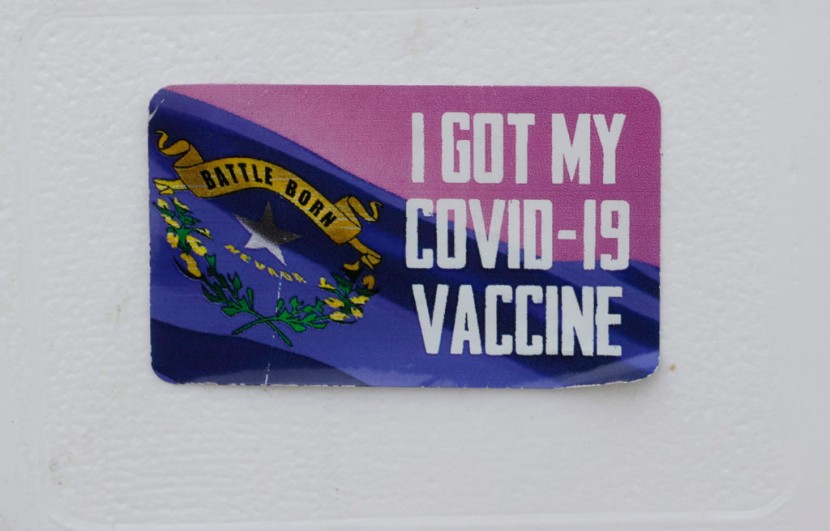
WHO recently said there's hope for the COVID-19 pandemic to end this year but on two conditions.
First, they said that more people, if not everyone, should get vaccinated. Second, the organization said that there is still inequality when it comes to countries that receive vaccines, which contributes to the increasing number of active COVID-19 cases.
So, if this inequality is addressed and all countries, regardless of where they are located, get the same number of vaccines and people use them, the faster it would be for the pandemic to be over, according to ABC7 Chicago.
Half of the world's entire population is vaccinated
Journalist Michael Cohen penned an article about the COVID-19 pandemic and said that it could finally end in 2022 due in part to the vaccination rates across the globe. In the United States alone, 73 percent of all Americans are already vaccinated. For children aged 12 and above, at least 83 percent already received their first dose.
Across the world, more than 8 million vaccine doses have already been administered. And in total, 3.8 billion people are already inoculated. Other than the vaccination rates, the pandemic is also predicted to end this year because more treatments are being made available.
FDA approves antiviral treatments for COVID-19
Last week, the Food and Drug Administration approved the emergency use of Paxlovid, Pfizer's antiviral treatment. The medication shows signs that it could reduce the risk of hospitalization or die by close to 90 percent. Merck's antiviral treatment, Molnupiravir, has also been approved by the FDA.
There's also a potential silver lining when it comes to Omicron because the variant is less severe compared to the Delta. So, even if Omicron makes more people sick, they do not usually end up being hospitalized.
How people previously infected with COVID-19 can help
Dr. William Schaffner, professor of infectious diseases at the Vanderbilt University School of Medicine, said that this shows that people who already had the virus and are not vaccinated could be part of a group of people that won't likely get seriously ill from the virus.
"It could signal the end of the pandemic phase and move Covid into the realm of illness and nuisance but not death. If that were to occur, with most people being vaccinated or with sufficient immunity, things could return to normal sooner rather than later," Schiff said via MSNBC.
COVID-19 will one become like seasonal influenza
CNN also insisted that the pandemic won't last forever. Experts are also convinced that the spread of coronavirus will eventually look and feel more similar to influenza.
Dr. Ofer Levy, director of the Precision Vaccines Program at Boston Children's Hospital, said that it's highly likely for the world to see this wave come and go and the coming spring and summer would eventually look better compared to the past two years.
Even though the winter months will still be challenging this year, Levy said he thinks it would still be a relatively better winter compared to what Americans are experiencing right now.
Dr. Arnold Monto, a professor of epidemiology at the University of Michigan, said that people should know how to control the outbreak. And one of the ways to do so is by getting vaccinated.
Related Article: COVID-19 Pandemic: A Lookback on How the Virus Affected the Lives of Millions, Hopes for 2022








